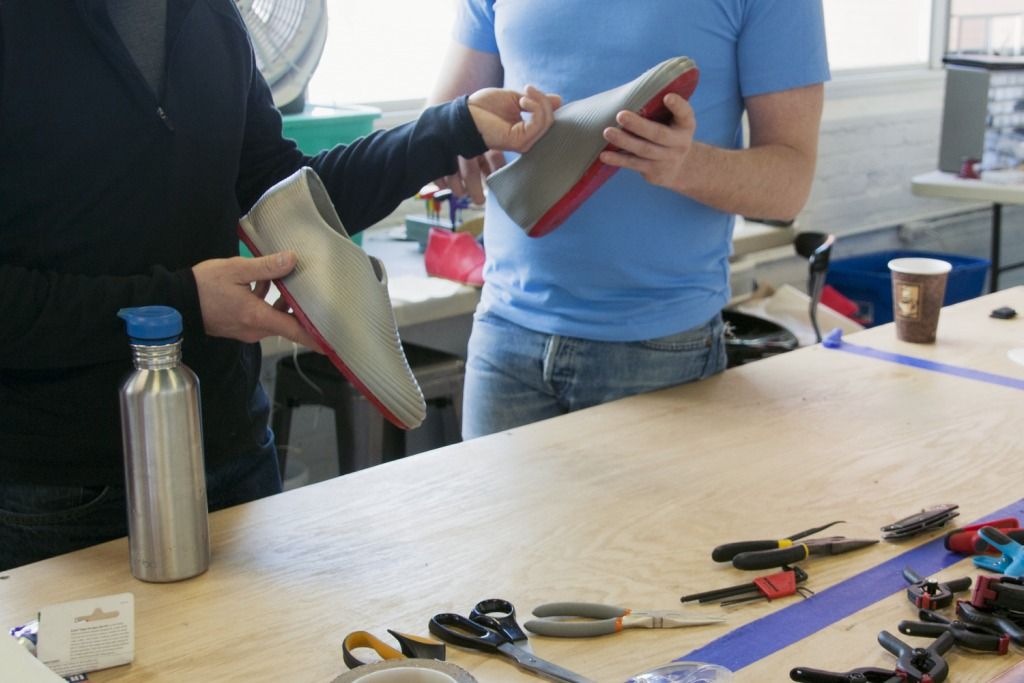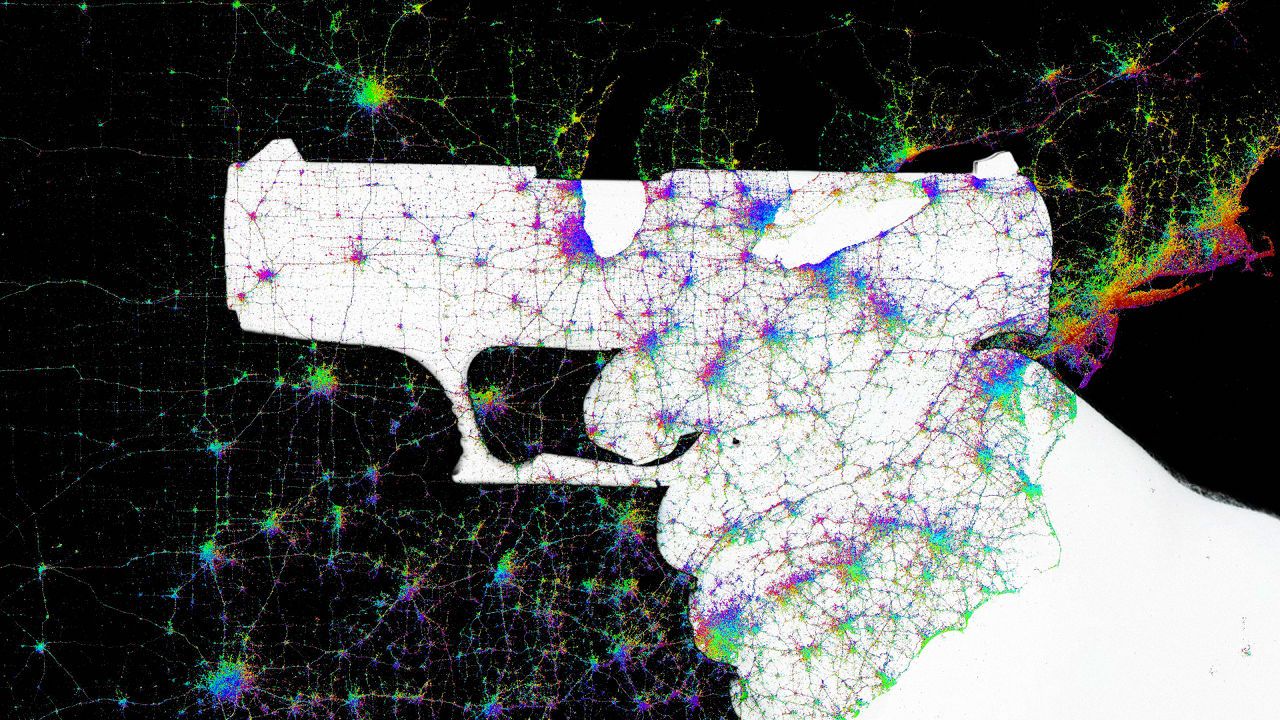Apr 5, 2015
This Is Big: A Robo-Car Just Drove Across the Country
Posted by Seb in categories: disruptive technology, driverless cars, human trajectories, robotics/AI, transportation
Alex Davies — Wired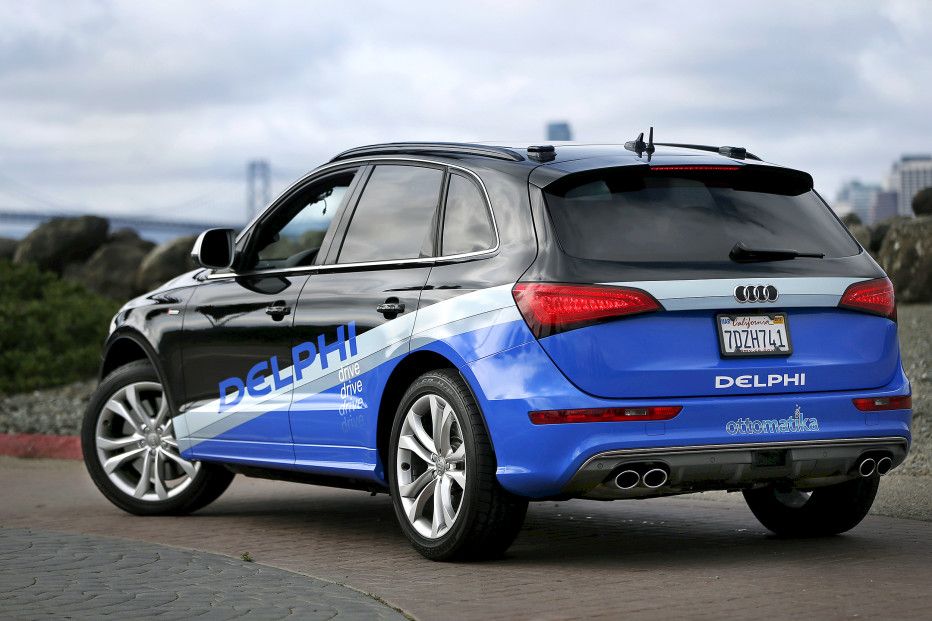 An autonomous car just drove across the country.
An autonomous car just drove across the country.
Nine days after leaving San Francisco, a blue car packed with tech from a company you’ve probably never heard of rolled into New York City after crossing 15 states and 3,400 miles to make history. The car did 99 percent of the driving on its own, yielding to the carbon-based life form behind the wheel only when it was time to leave the highway and hit city streets.
This amazing feat, by the automotive supplier Delphi, underscores the great leaps this technology has taken in recent years, and just how close it is to becoming a part of our lives. Yes, many regulatory and legislative questions must be answered, and it remains to be seen whether consumers are ready to cede control of their cars, but the hardware is, without doubt, up to the task. Read More

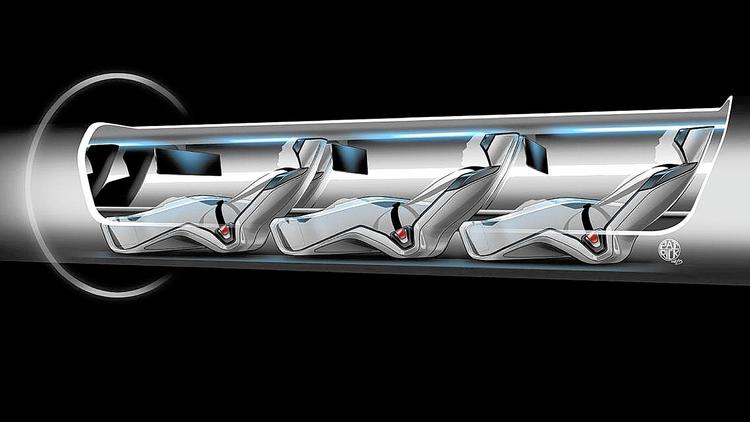

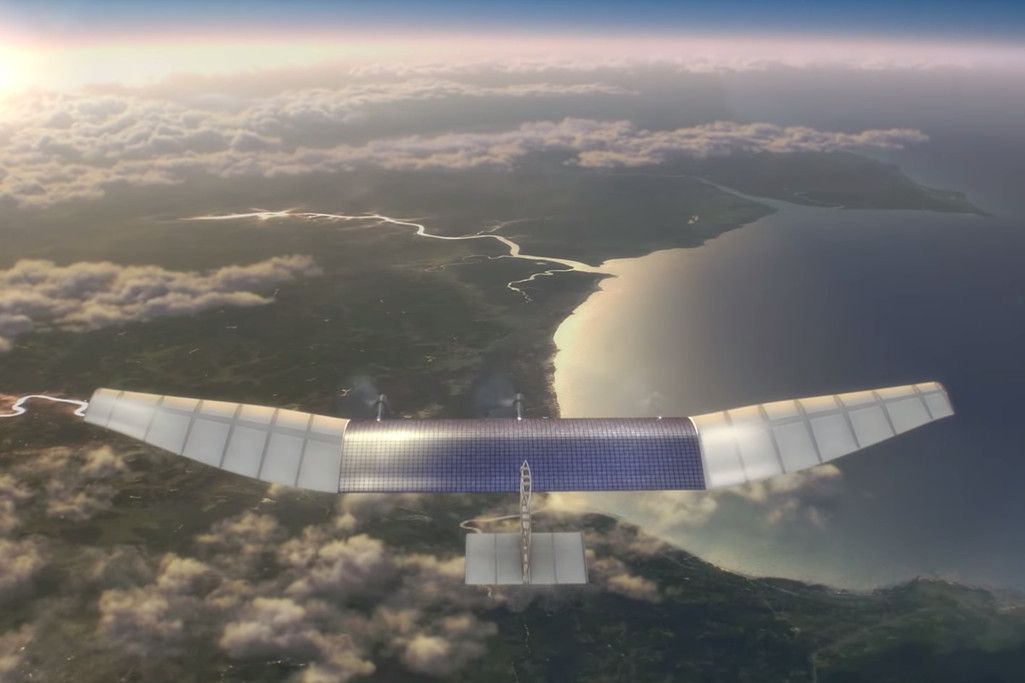 Facebook’s ambitious plan to bring internet to the entire world with a fleet of broadband-beaming unmanned aerial vehicles has taken a step closer to fruition. The company’s vice president of engineering, Jay Parikh, told
Facebook’s ambitious plan to bring internet to the entire world with a fleet of broadband-beaming unmanned aerial vehicles has taken a step closer to fruition. The company’s vice president of engineering, Jay Parikh, told 